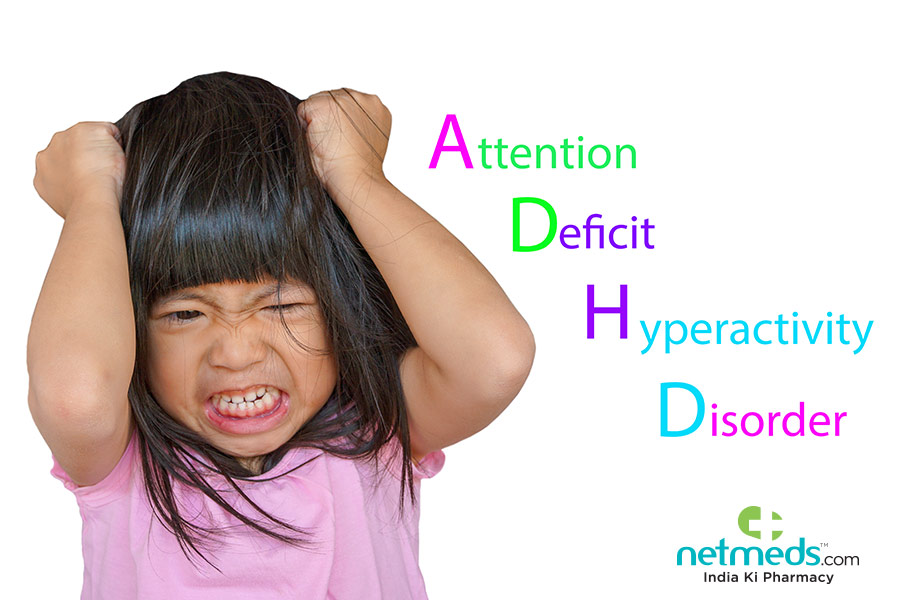Attention Deficit Hyperactivity Disorder (ADHD) is a well-known condition typically associated with children. However, many individuals continue to experience ADHD into adulthood, and some are even diagnosed for the first time as adults. Adult ADHD presents unique challenges in both diagnosis and management, often leading to a complex journey for those affected. This article explores the reasons why ADHD is harder to diagnose and manage in adults and offers insights into how to navigate these challenges.
Understanding Adult ADHD
ADHD is a neurodevelopmental disorder characterized by symptoms such as inattention, hyperactivity, and impulsivity. While these symptoms are commonly recognized in children, they manifest differently in adults, often making the condition harder to identify. Adults with ADHD may experience difficulties with organization, time management, focus, and emotional regulation. These challenges can impact various aspects of life, including work, relationships, and personal well-being.
Symptom Presentation:
In adults, hyperactivity may be less noticeable, often manifesting as restlessness or a constant feeling of being on edge. Inattention might present as chronic disorganization, procrastination, or difficulty completing tasks. These subtler symptoms can easily be mistaken for other issues, contributing to the complexity of diagnosis.
Why Adult ADHD is Harder to Diagnose
Diagnosing ADHD in adults is a challenging process due to several factors:
1. Overlapping Symptoms with Other Conditions:
Many of the Adult ADHD is so complicated, such as difficulty concentrating or forgetfulness, overlap with other mental health conditions like anxiety, depression, or bipolar disorder. This overlap can make it difficult for healthcare providers to pinpoint ADHD as the primary issue. Additionally, adults with ADHD are more likely to experience co-occurring mental health disorders, further complicating the diagnostic process.
2. Changes in Symptom Expression Over Time:
ADHD symptoms can change as individuals age. For example, while a child with ADHD might struggle with hyperactivity in the classroom, an adult might experience inner restlessness or impatience in meetings. Because the symptoms evolve, they may not be immediately recognized as ADHD, especially by healthcare providers who are more familiar with childhood presentations of the disorder.
3. Lack of Awareness and Misconceptions:
Many people, including healthcare providers, may not realize that ADHD can persist into adulthood or even develop later in life. This lack of awareness can lead to underdiagnosis or misdiagnosis. Furthermore, adults themselves may attribute their difficulties to personal failings or stress, rather than recognizing them as symptoms of a neurological disorder.
4. Absence of Historical Medical Records:
Diagnosing ADHD in adults often requires an understanding of the individual’s childhood behavior and symptoms. However, adults seeking a diagnosis may not have access to detailed childhood records or may not remember their childhood symptoms clearly. This lack of historical information can make it harder for clinicians to make an accurate diagnosis.
Challenges in Managing Adult ADHD
Once diagnosed, managing ADHD in adults presents its own set of challenges:
1. Different Life Demands:
Adults face complex responsibilities, including work, family, and financial obligations. These demands can exacerbate ADHD symptoms and make management more challenging. For example, difficulties with time management or procrastination can have more serious consequences in the workplace, potentially leading to job loss or strained relationships.
2. Comorbid Conditions:
Adults with ADHD often have comorbid conditions, such as anxiety, depression, or substance abuse disorders. These additional conditions can complicate treatment, as they may require different or additional interventions. Managing multiple conditions simultaneously requires a comprehensive and individualized approach to care.
3. Stigma and Self-Esteem Issues:
Many adults with ADHD struggle with feelings of shame or inadequacy, especially if their condition has gone undiagnosed for years. They may have faced criticism for their behavior or performance in school, work, or relationships, leading to low self-esteem. This stigma can make it difficult for individuals to seek help or adhere to treatment plans.
4. Medication Management:
While medications such as stimulants are commonly used to treat ADHD, finding the right medication and dosage can be a trial-and-error process. Adults may also be more sensitive to side effects, or they may have concerns about the long-term use of medication. Balancing medication with lifestyle changes and other treatments is crucial for effective management.
Strategies for Effective Management
Despite the challenges, there are effective strategies for managing ADHD in adults:
1. Comprehensive Assessment and Diagnosis:
A thorough assessment by a healthcare provider experienced in adult ADHD is essential. This should include a detailed history, consideration of co-occurring conditions, and possibly input from family members or partners who can provide additional context about the individual’s behavior.
2. Individualized Treatment Plans:
Treatment should be tailored to the individual’s specific needs and may include a combination of medication, therapy, and lifestyle changes. Cognitive Behavioral Therapy (CBT) is particularly effective for helping adults with ADHD develop coping strategies and improve time management and organizational skills.
3. Support Networks:
Building a support network is crucial. This might include therapy groups, ADHD coaches, or simply connecting with others who understand the challenges of living with ADHD. Support from family and friends can also make a significant difference in managing the condition.
4. Regular Monitoring and Adjustment:
ADHD management is an ongoing process. Regular check-ins with healthcare providers to monitor the effectiveness of treatment and make adjustments as needed are vital for long-term success. As life circumstances change, treatment plans may need to be adapted to meet new challenges.
Conclusion
Adult ADHD is a complex and often misunderstood condition that presents unique challenges in both diagnosis and management. The subtlety of symptoms, overlap with other conditions, and evolving life demands all contribute to the difficulties in identifying and treating the disorder. However, with comprehensive assessment, individualized treatment, and strong support networks, adults with ADHD can successfully manage their symptoms and lead fulfilling lives. Increasing awareness and understanding of adult ADHD is crucial for improving outcomes for those affected by this condition.
